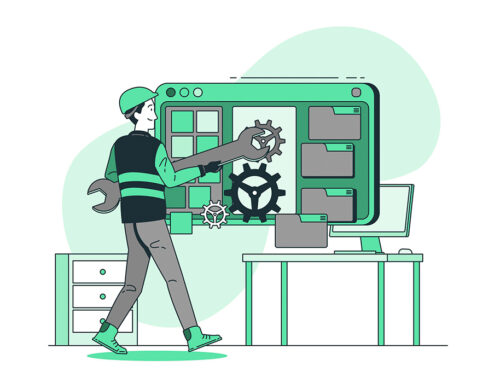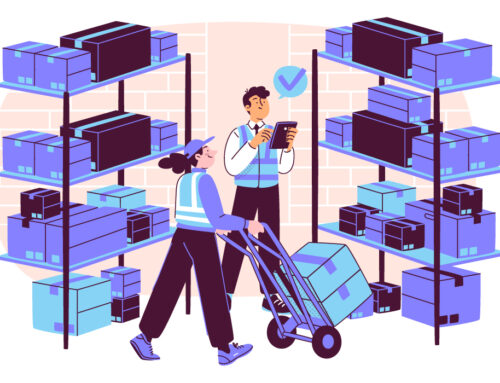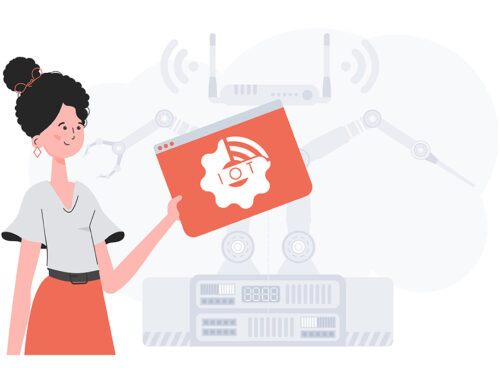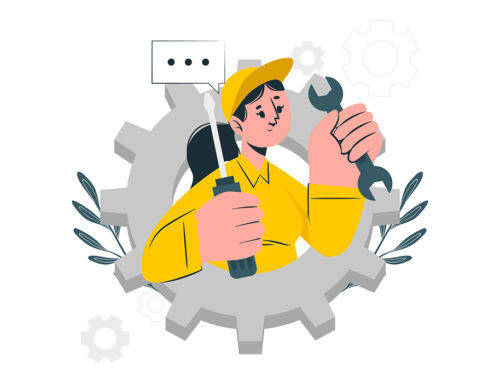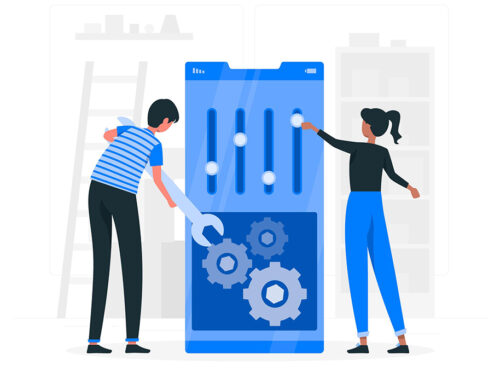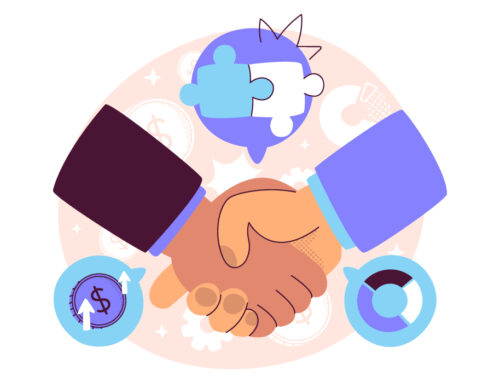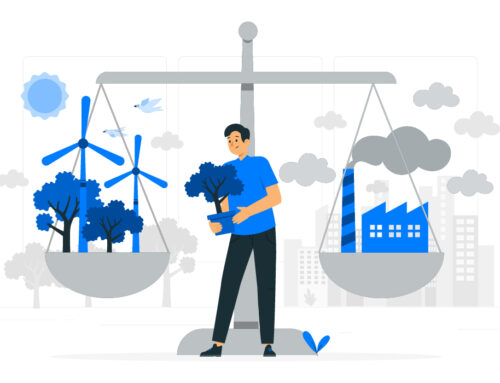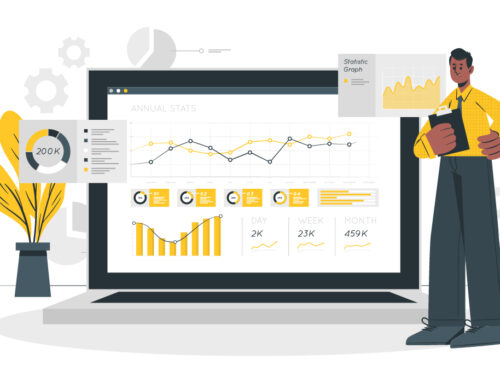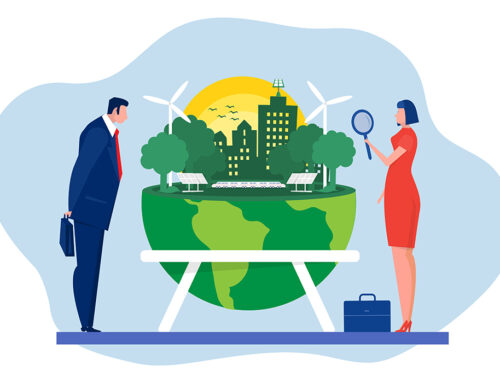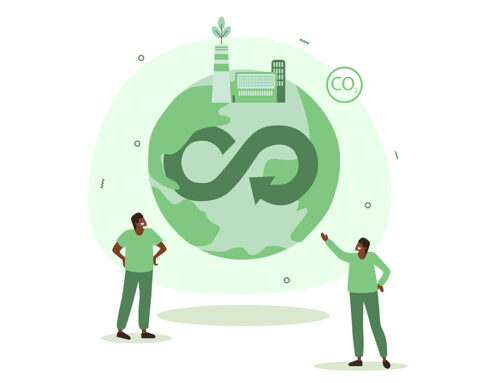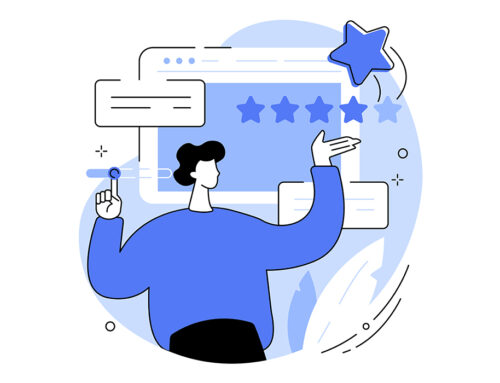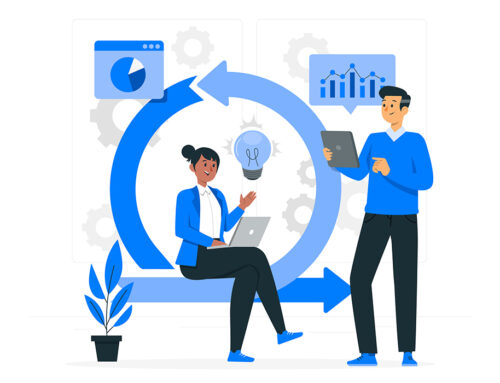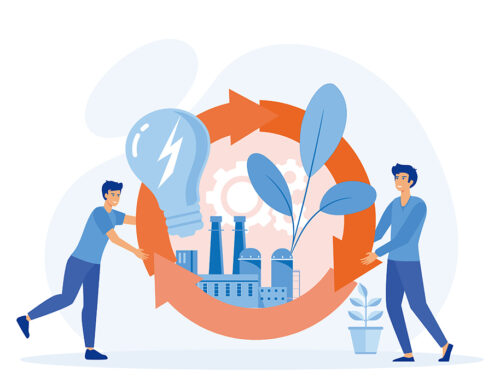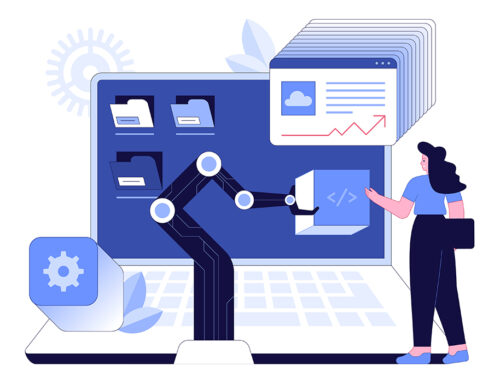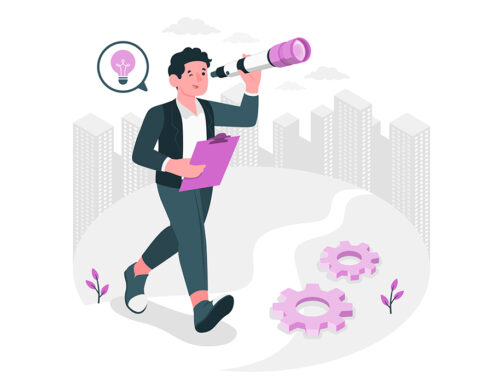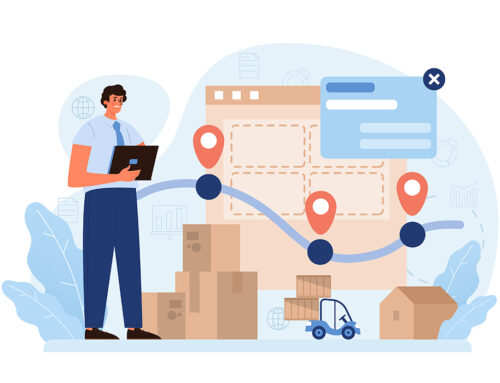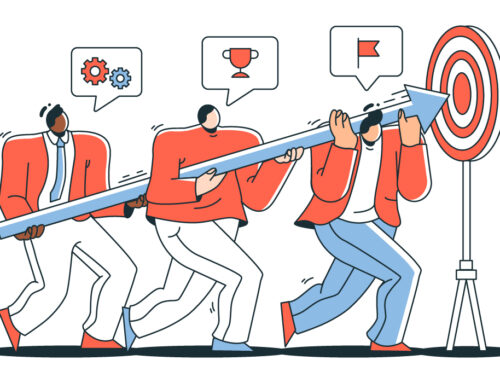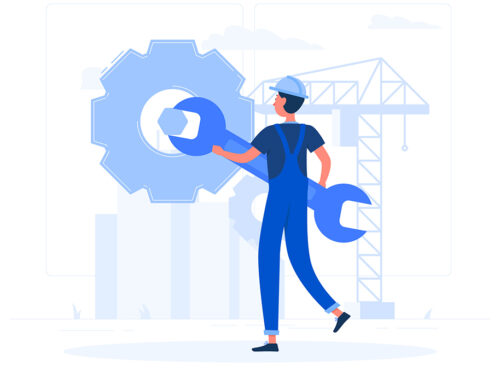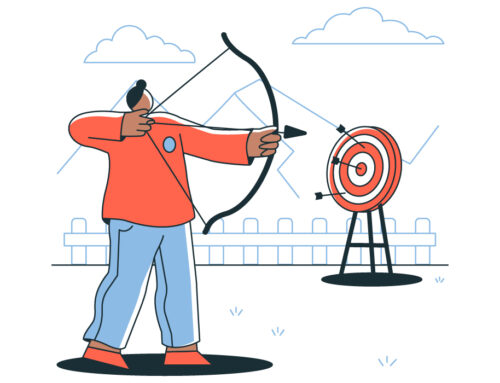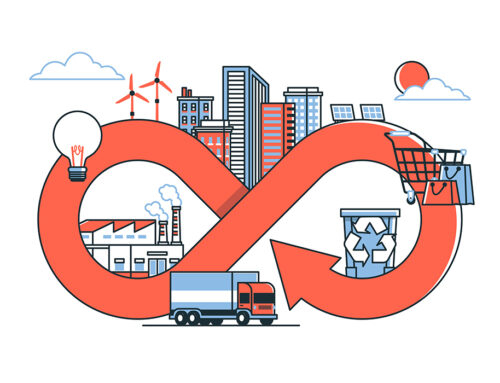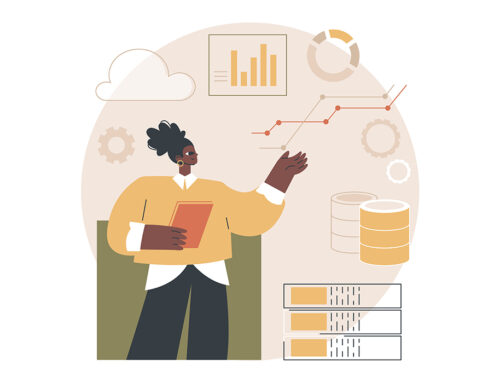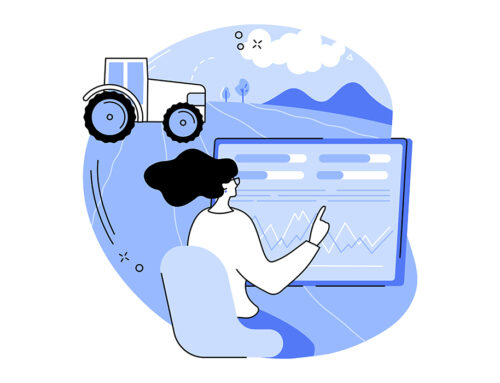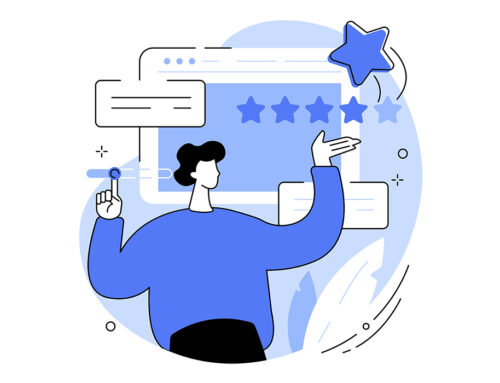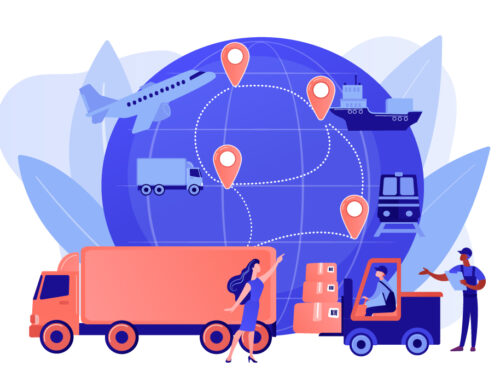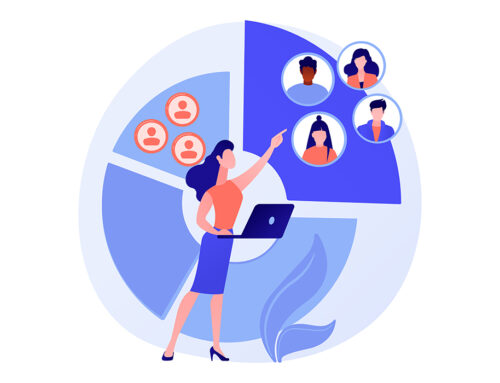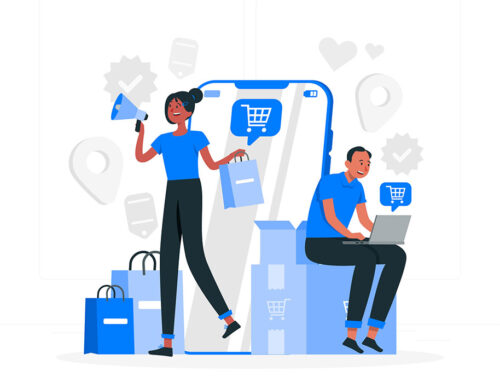Digital is not only about technology. In fact, it’s mostly not; it’s first and foremost about people.
Does your organization have the right skill-sets internally to thrive in the digital age? A recent Copperberg webinar presented by Julia Möller, a 5-star certified speaker and 2nd highest rated speaker at the Aftermarket Business Platform, covered not only the characteristics of people needed on both ends (in the office and technicians) but also the technical set-up needed to make your workforce digital ready.

Author Iva Danilovic | Copperberg
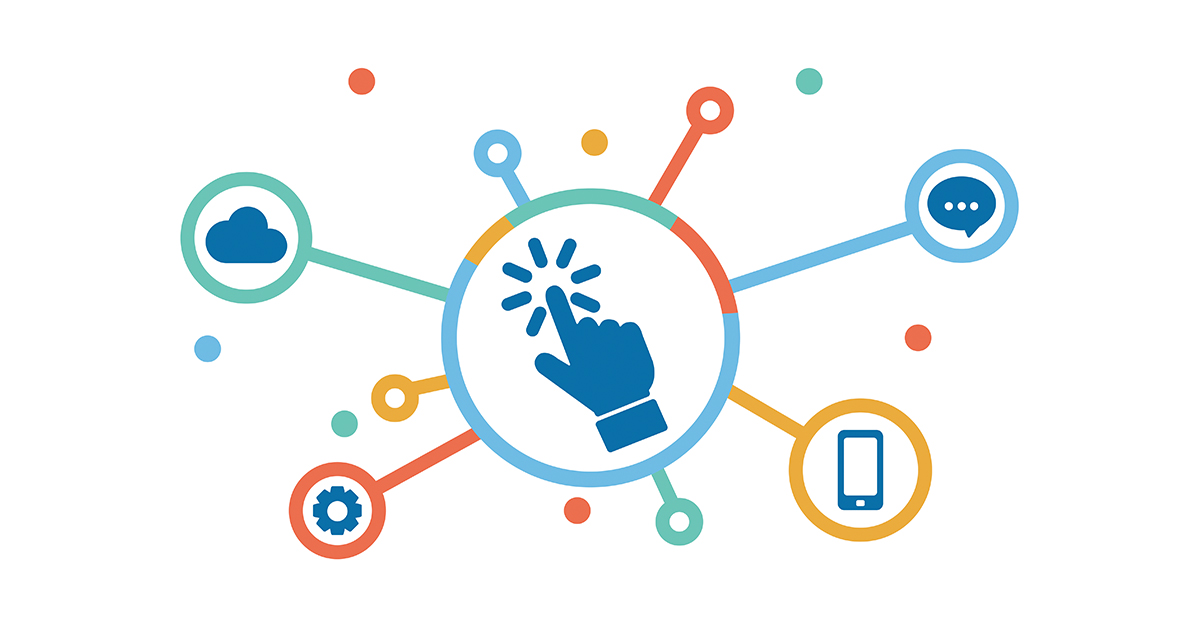
Julia Möller is a well-known Copperberg speaker. She has experience working as a Senior Technical Service Engineer for a Schlumberger company, and later as a Head of After Market for ARVOS, in Kassell, where she established the service line in the newly developed department.
Mrs. Möller now owns a consulting company called Tigris Consulting, specialized in organisational management of field service personnel.
Having worked across the industry, she explains how new technologies can be successfully introduced to a diverse group of field service engineers: “Digital is as much about people as it is about technology. When a company wants to introduce new technologies and change the way that their employees do their jobs, it is important to explain why that is important, and why the change – it is important to highlight the benefits of digitalization”.
For start, the advantages of digitalization include the increase in productivity and revenue. In addition, digitalization enables companies to go towards the path to building a competitive edge. However, the employees need to understand the specific positive impact that the digitalization is making. They use technologies in a different way to solve work problems, so Mrs. Möller advises the companies to explain to their technical service engineers how this new technology can help them to do their own jobs better.
When it comes to the field and technical service personnel, 80% of workforce learning happens on the job during the interaction with peers, teammates and managers. This means that the equipment must be reliable, and up to date. For example, they need to have the explosion-proof equipment in hazardous locations that are in line with the nature of their jobs and can really help them to be more productive.
From the companies’ perspective the competencies and virtues that are needed in these fast-changing times are mostly creativity, originality and initiative, but also the general positive attitude towards technology, says Julia Möller. When it comes to technology, she underlines the importance of FSE’s ability to actively learn and use devices to handle, create and edit information, effectively communicate, and overall be safe and responsible online.
The employees need to be trained properly. “That might mean that the company needs to develop educational training that could include developing teaching with movies or setting up the classroom teaching”, Mrs. Möller adds. However, establishing the training process can be very demanding due to the short attention span. The modern learner, a study by Deloitee [1] described today’s employees as impatient and easily distracted: They don’t watch the videos that are longer than four minutes, and they get interrupted up to every five minutes.
According to the World Economic Forum and their report on the future of jobs [2] – active learning and learning strategies, creativity, originality and initiatives are becoming more and more needed on the job market. Moreover, it is predicted that they will become even more important in 2022, along with the leadership potential and social influence as they are the employees’ capabilities that cannot be replaced by a machine.
The research showed that these soft skills are becoming a part of the necessary skill set, while critical thinking and analysis, as well as complex problem solving, have become a bit less demand due to the advancement in technology (such as the artificial intelligence and machine learning) that can now perform complex tasks instead of employees.
————————————–
[1]Meet the Modern Learner: Engaging the Overwhelmed, Distracted, and Impatient Employee, Bersin by Deloitte, Deloitte Consulting LLP
[2] Workforce Trends and Strategies for the Fourth Industrial Revolution, World Economic Forum, http://reports.weforum.org/future-of-jobs-2018/workforce-trends-and-strategies-for-the-fourth-industrial-revolution/
